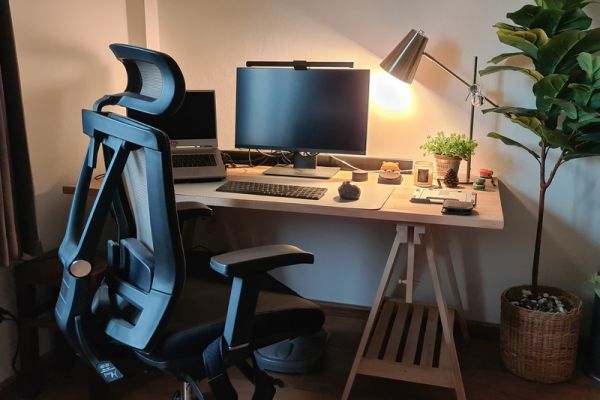Keeping a complex life simple: The value of simplicity

Ever feel like there is just not enough time to do all the things you want and need to do? Have you ever wondered how to simplify your responsibilities to get life to work better for you? Why does simplicity seem so difficult?
Simplicity is the art of making things easier. Today, we lead complicated lives with many different contexts such as family, work, school, and friends. Balancing the many demands from these contexts can be stressful, especially when we feel we don’t have the resources to manage all these commitments. Unfortunately, this is too common in our society, and can affect our mental well-being.
Why is simplicity beneficial for mental well-being?
The benefits of simplicity come from purposeful reflection, refinement of priorities and focused goal setting related to your key priorities. Questions such as “what’s important to me?” and “what’s worth spending my energy on?” are great to ask yourself. They help you determine what you value as well as which goals are worth creating.
When our priorities are clear, we can see the situation more clearly. Setting focused goals is an amazing tool to simplify complex tasks. So how do we set effective goals? By using the SMART acronym of course!
Specific – What exactly needs to be achieved?
Measurable – How will you know when the goal is achieved?
Attainable – Is this goal realistic with the available resources?
Relevant – Does this goal make sense for your contexts?
Time – How long will this take?
Goals that are set using the SMART acronym helps individuals and groups be more effective in accomplishing their tasks.
How to practice simplicity
Deciding what to do when stressed is no easy feat! However, incorporating simplicity in our lives gets easier with practice. Here are a few ways to make life simpler:
- Take time to reflect on what your key priorities are and where you should be focused.
- Understand what’s personally important and valuable to be spending your time and thoughts on.
- If beginning a difficult task is challenging, break it into smaller tasks using the strategy above or consider doing an easier task before tackling more difficult ones.
- Learn how to say no – making too many commitments is a serious way to complicate life.
- We aren’t meant to multitask. In fact, we do our best when focused on one thing at a time.
Simplicity is about prioritizing your time on what is most impactful and beneficial. So, remember to keep things simple!
An occupational therapist can help you incorporate some of these suggestions into your daily life. For more information about occupational therapy, check out our services page.
To schedule an appointment with an occupational therapist, book online or find a clinic near you.
This blog was written by Isa Mendez, an occupational therapy student at McGill University.

















































































We can help you move and feel better.
Book an appointment today.